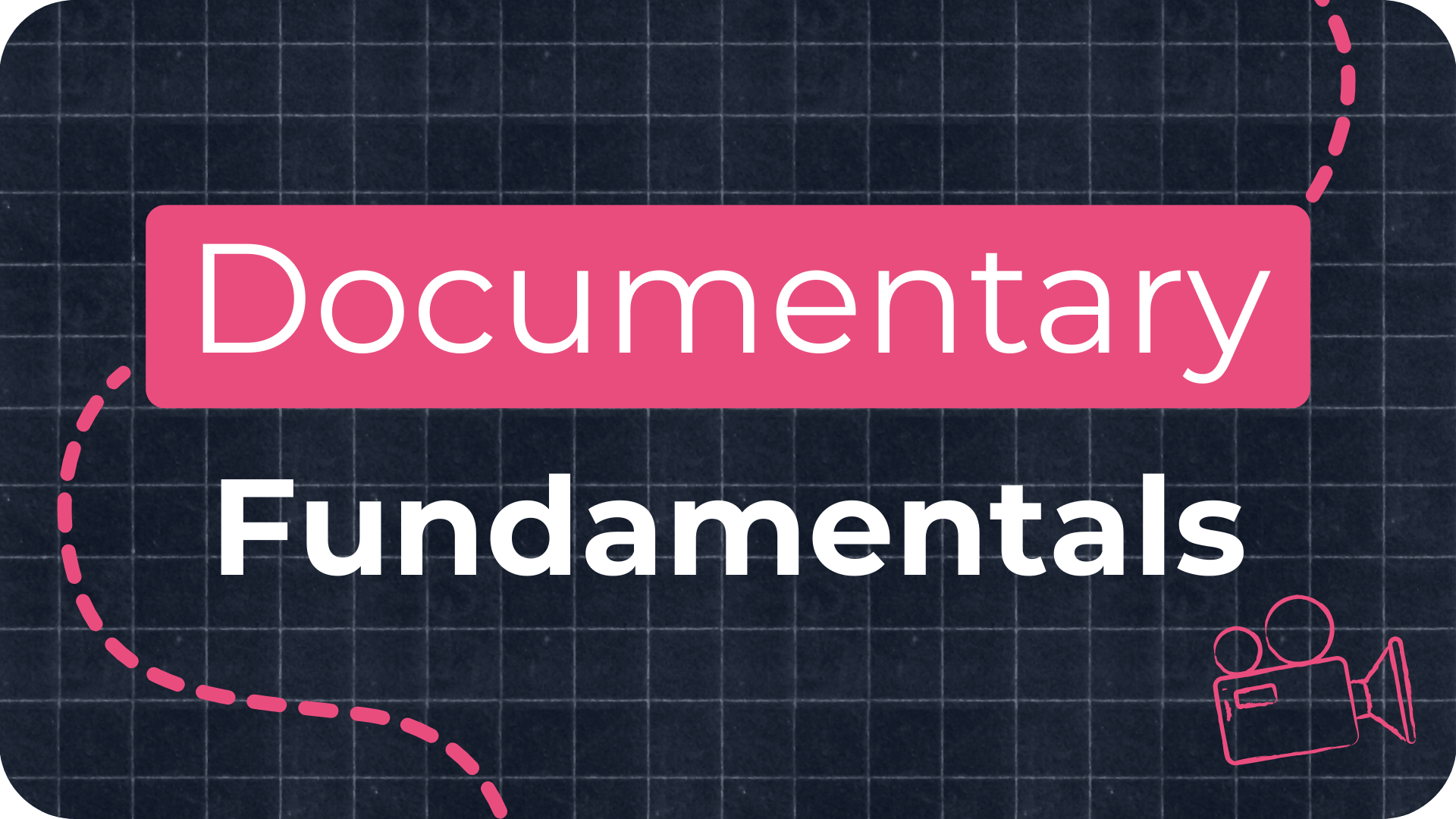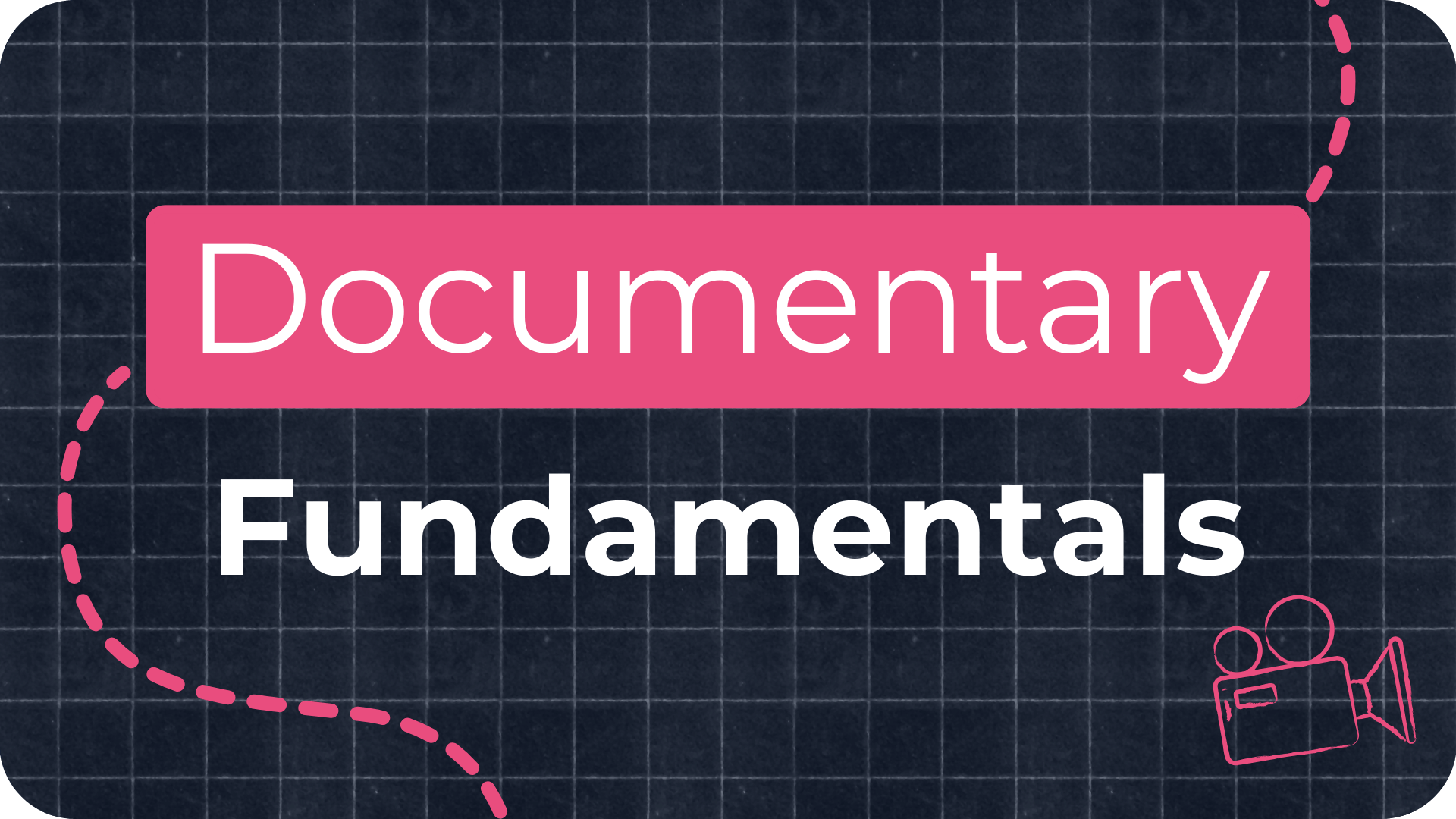The Complete Guide to Ethical Storytelling for Documentary Filmmakers
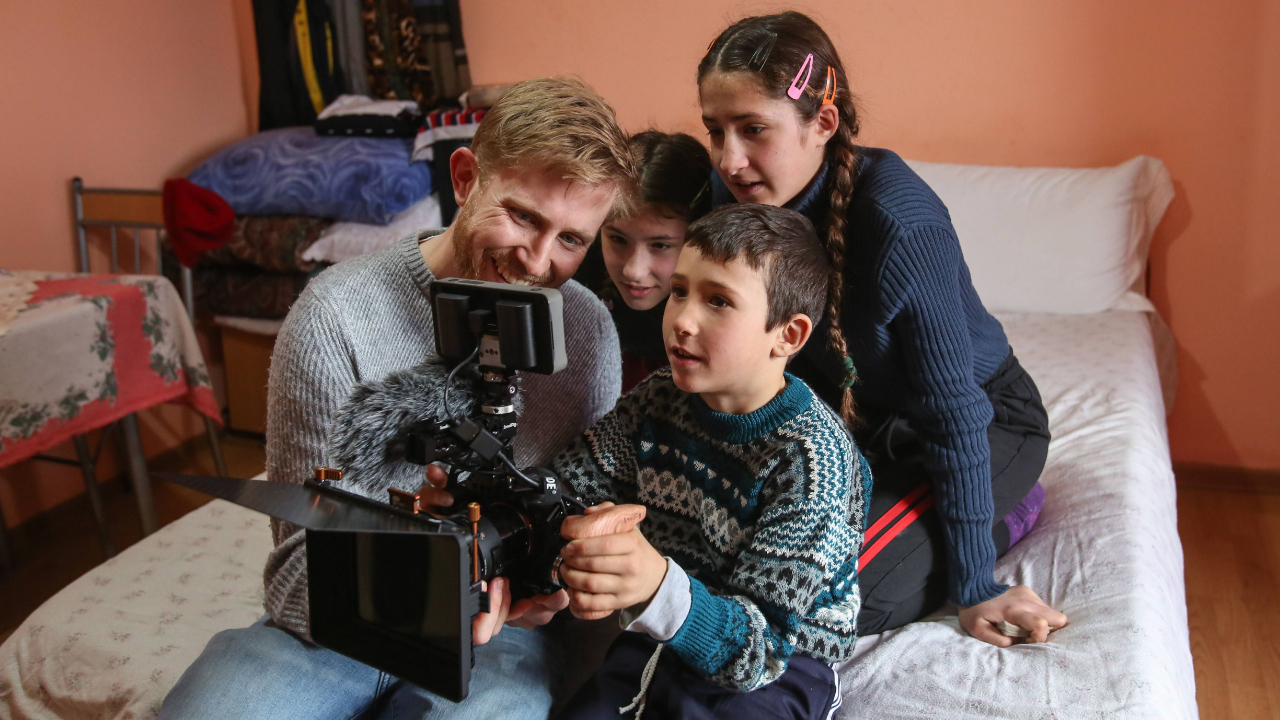
In this blog, I’m going to tackle documentary ethics and the delicate balance between storytelling and truth. Documentary filmmaking has incredible power to shape how we see the world, and that means filmmakers have a responsibility to use that power wisely. Let's dive in.
What Are Documentary Ethics?
Documentary ethics act as a filmmaker's guiding lights, ensuring movies tell the truth, treat people with respect, and consider their impact on viewers. Key areas include truth and accuracy, where facts form the foundation for an honest portrayal of events. Fair representation means letting subjects speak for themselves, without manipulation in storytelling or editing. Informed consent means being transparent with those filmed about the project and its potential consequences. Filmmakers must respect privacy, especially with sensitive topics, and strive to avoid harm to their subjects, audiences, or communities. Accountability means owning your film, being ready to explain your choices, and listening to feedback. Cultural sensitivity involves respecting diverse backgrounds and avoiding stereotypes. Many documentaries embrace social responsibility, choosing topics that matter and aiming to promote understanding and positive change. While different groups might have varying rules, the heart of documentary ethics lies in balancing creative storytelling with a filmmaker's responsibility to the wider world.
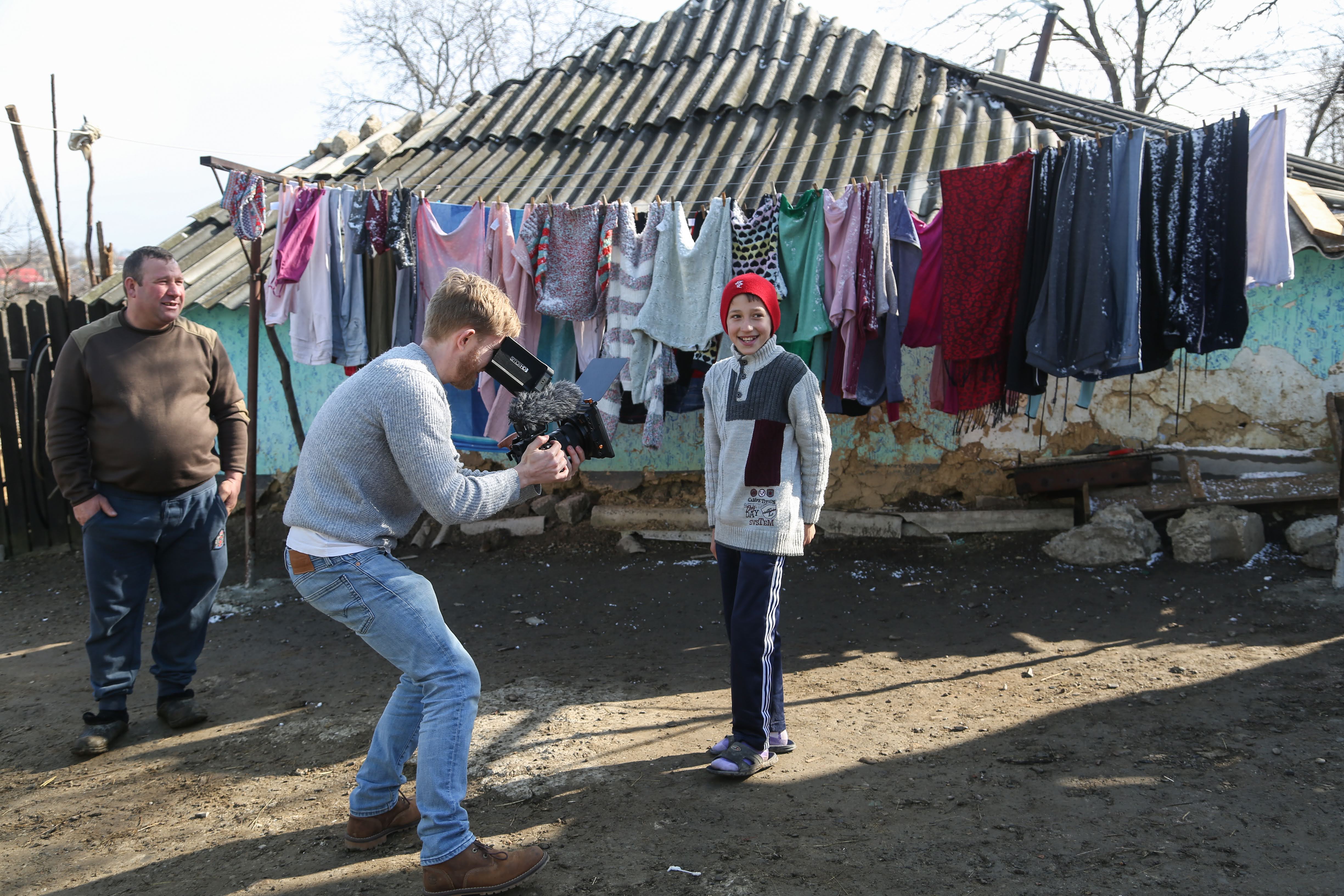
Why Are Ethical Issues Important In Documentary Filmmaking?
Documentaries shape how we see the world. If we mislead audiences for the sake of entertainment, we lose their trust and undermine the power of the documentary form. Misrepresenting the truth damages our credibility as filmmakers and can spread misinformation with harmful consequences.
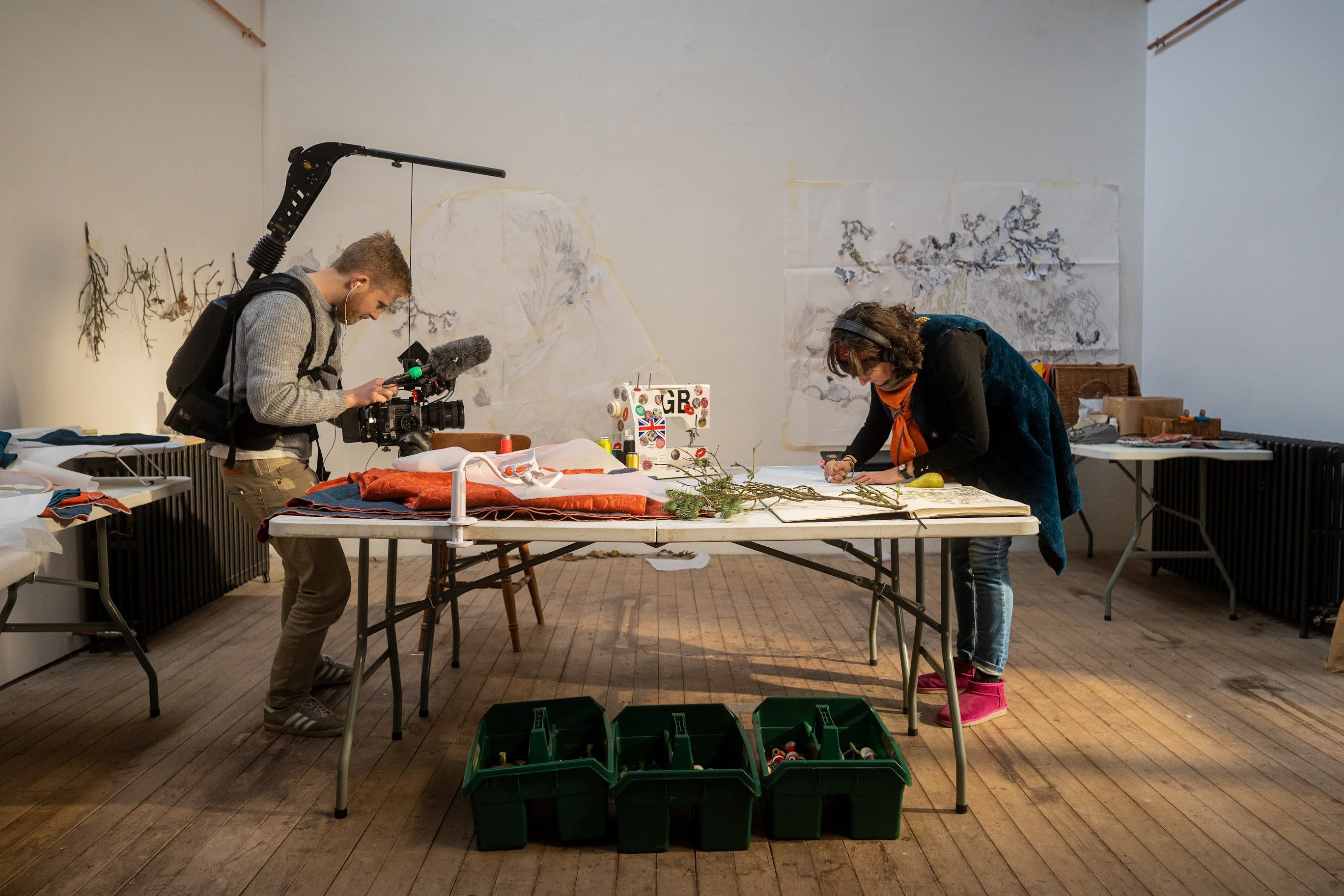
When making a documentary, we have a lot of power – power over how we present people, companies, and communities; how we affect their lives during and after filmmaking; and how we influence or even change other people’s perspectives and actions. We have the power to do a lot of good – we're able to give insights into different worlds and perspectives, transport our audience to different times in history, and shed light on important social issues that might inspire people to take action. It’s incredibly exciting as documentaries are such a wonderful and powerful way to tell stories and move people's hearts.
But with this power, also comes great responsibility – to represent people, past events and topics as authentically and truthfully as possible. And as a documentary filmmaker, this responsibility – to tell the truth and be sensitive to the fact that you’re dealing with real people’s lives – has become even more important, because the Internet means that now, in just a matter of minutes, fake news can influence politics, or a person’s reputation can be tarnished forever.
To help you navigate the ethics of storytelling when making your documentary, I've put together a quickstart guide that you can get here: Ethical Storytelling Quickstart Guide
Below are my five tips on balancing storytelling with truth when making a documentary.
Mastering Documentary Storytelling Ethics
1. Documentary Storytelling Ethics: Verify Your Facts
How you use facts will depend on what kind of documentary you're making, but generally, a documentary should be a combination of known facts - such as the date and time that something occurred, along with subjective accounts of your characters. With your own research, it’s best to make sure you have at least three credible independent sources before representing something as fact. When it comes to characters you’re interviewing, if they say a fact on camera, trust that what they say is true to them, but if you want to include it, you need to back this up with your own research too. Again – ideally, you want three credible independent sources. It’s important to remember you cannot hide behind your characters if your film includes an inaccurate fact - it’s your responsibility as the filmmaker. If you find what a character has said is not true, then I suggest either leaving it out or, if you think it’s too powerful to take out, make it clear to the viewer that it’s inaccurate and present the correct information if you can. For example, you could do this using a voiceover or with text at the end of the scene.
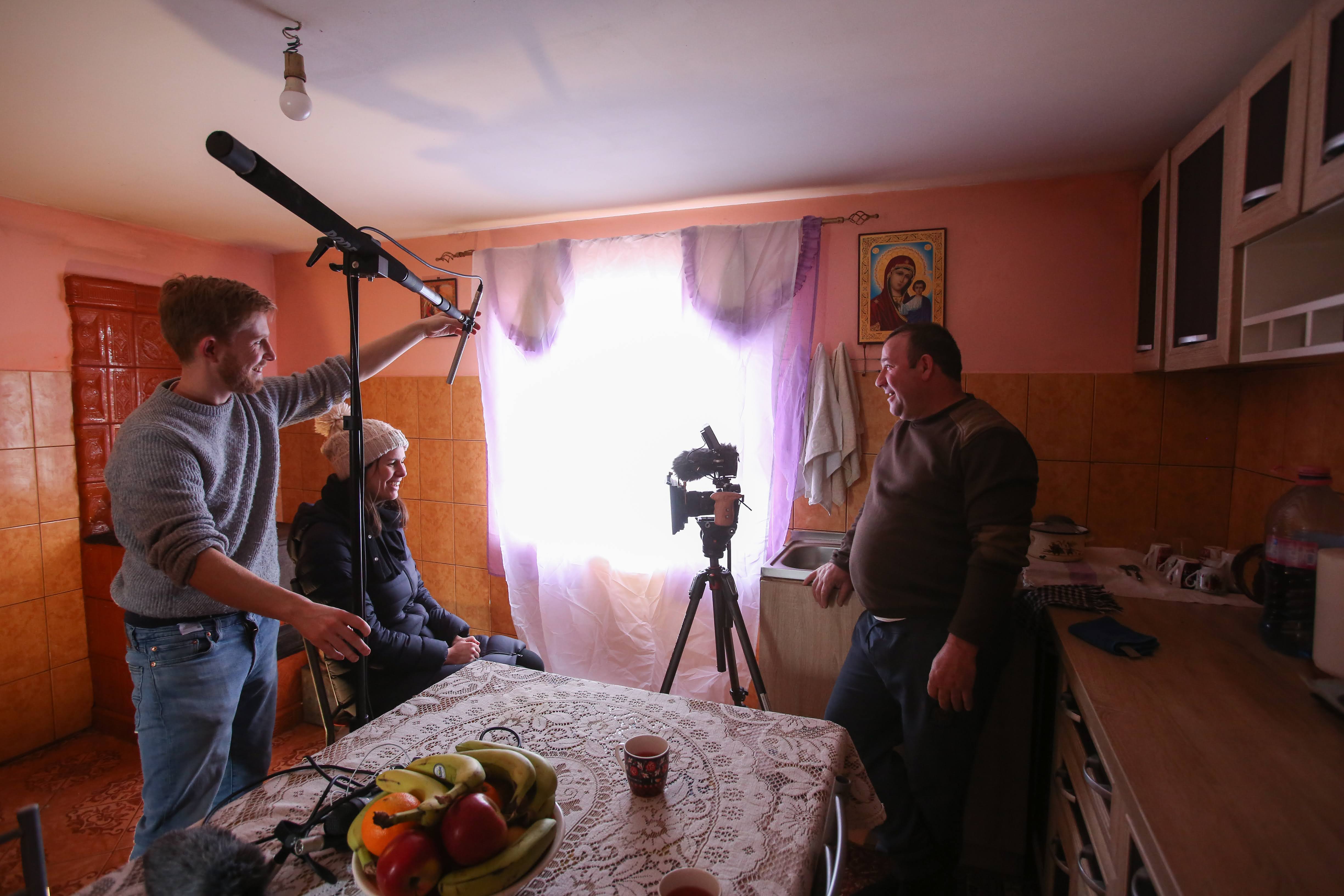
2. Documentary Storytelling Ethics: Don’t Over-simplify
When telling a true story it’s all too easy to simplify things down. For instance, it’s tempting to reduce your characters to the fairytale archetypes of ‘good’ and ‘bad’, or ‘hero’ and ‘villain’. But try to resist doing this, as it’s a character’s depth that makes them interesting and easier to relate to. Your documentary will be far more interesting if you stay true to the complicated and often paradoxical nature of history and human emotion. Instead of just reducing your characters to ‘good’ and ‘bad’, explore the complexity of the character – their positive traits and their negative traits. That’s what makes them human and relatable. Show each character’s depth, even if they’re only on screen for a few minutes. Show the flaws of your heroes or the human side of your villains. And if there’s time, show why they are like that and what has influenced them to be that way.
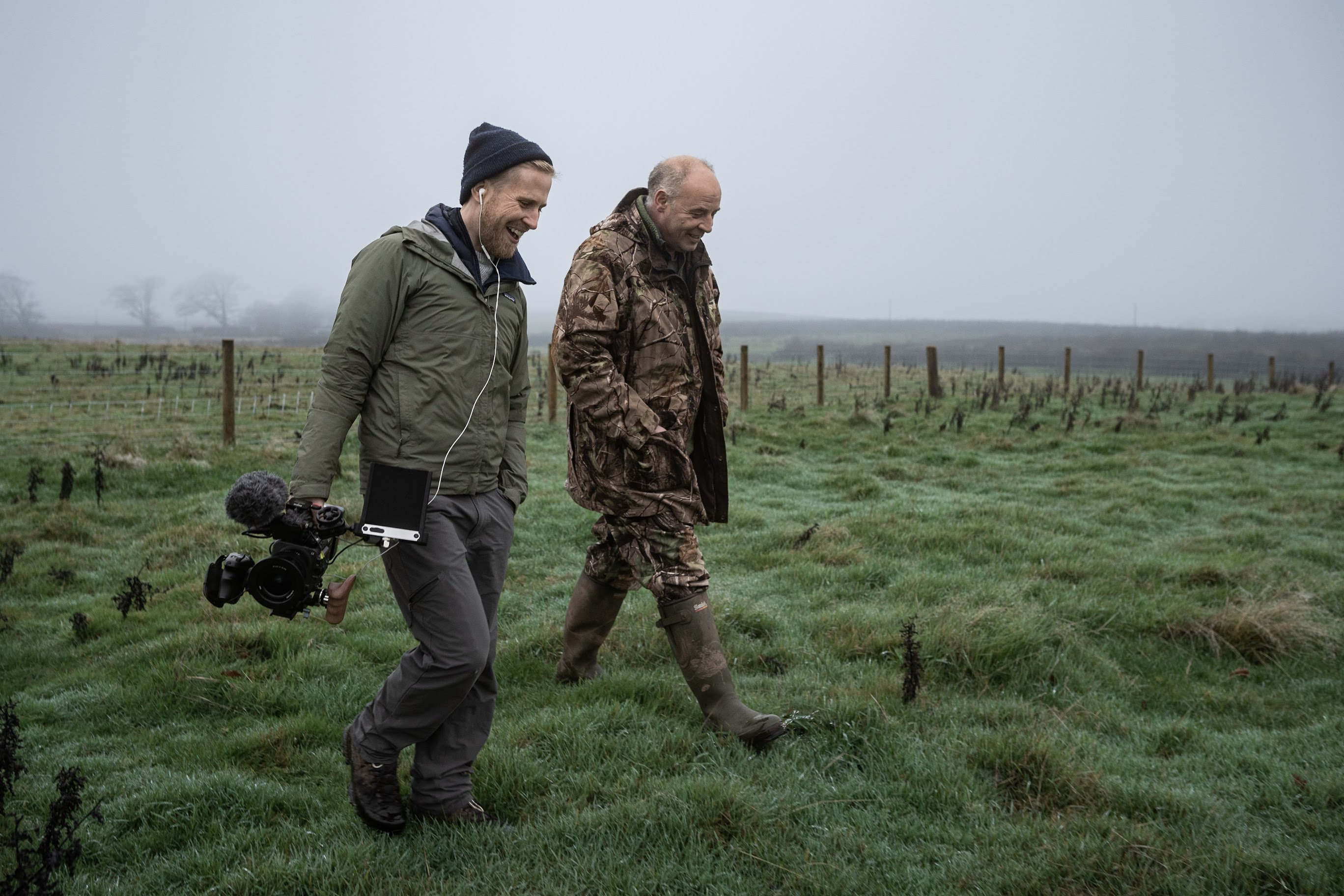
3. Documentary Storytelling Ethics: Be Aware Of Bias
Bias is having an attitude that always favours one perspective, without considering other possibilities. Bias only becomes a problem with storytelling if we aren’t aware of it, or if we are aware of it and choose to ignore it, as then it can cloud our judgment. For example, if if making a documentary about a controversial topic, it would be easy to only pursue information and subjects that confirm our biases, but in order to get as close to the truth as possible, it’s important we move past those preconceptions to find new information too. This is particularly important when it comes to issues like racism, sexism, homophobia and other forms of discrimination, as one of the key drivers of inequality is cultural stories. Stories about who belongs, who matters, and what is valued? These stories shape our values, behavior, and attitudes and are shared through cultural forms like documentary and can lean towards having a positive impact or a negative impact. The best way to keep bias under control is to make sure you understand what your views are and why you have them. So, as you make your film, if you find yourself leaning toward one view or one side, it’s a good idea to just self-reflect every now and then and ask yourself if any bias is building up, like, “Who do I personally like or dislike? And Why? How might that be colouring my judgment? What’s my blind spot? And is there another perspective I haven’t considered?”
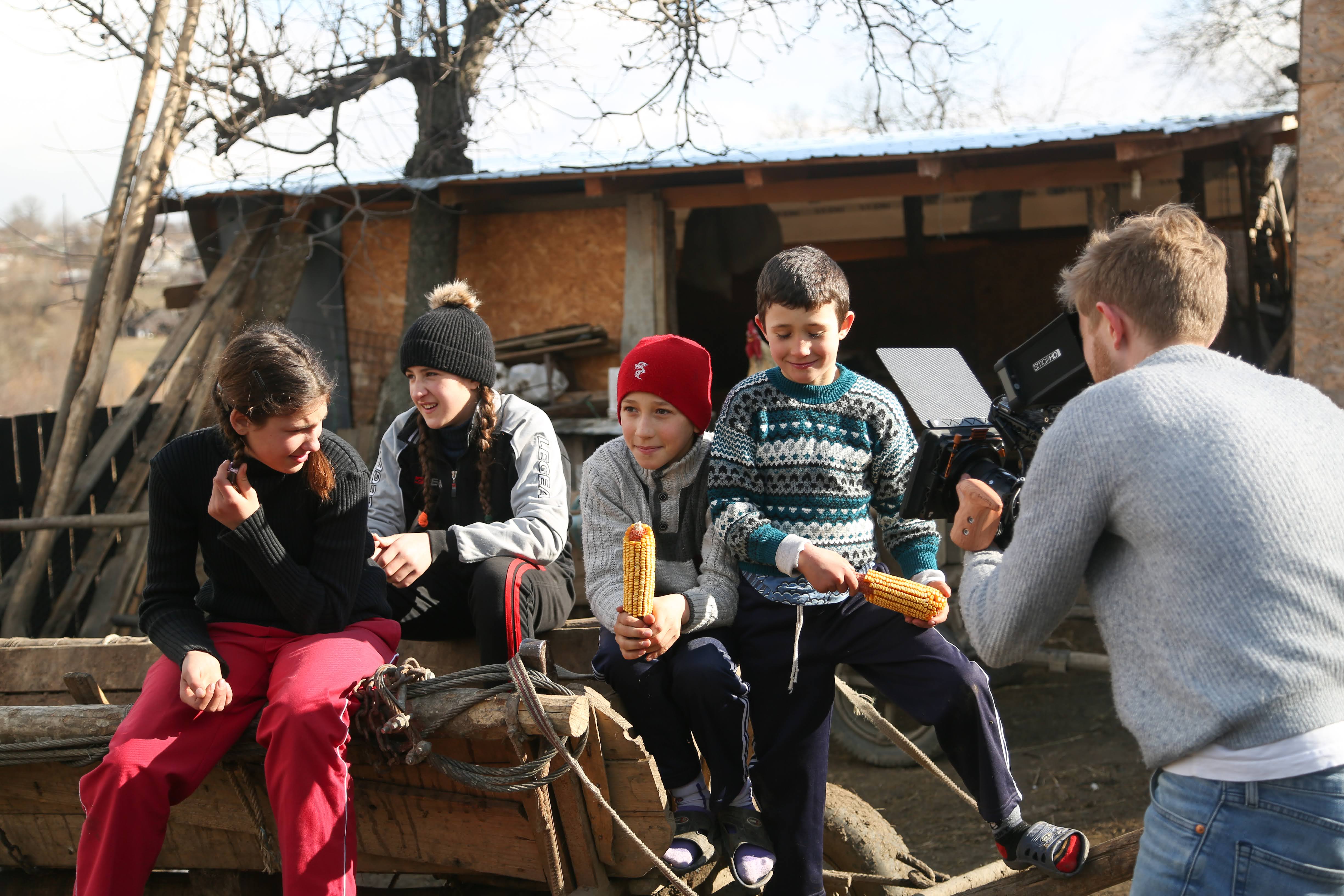
4. Documentary Storytelling Ethics: Minimise Harm
Being a Next Generation filmmaker means treating everyone you come into contact with, with respect – whether that’s a subject, fellow crew members or members of the public. This means showing compassion for anyone who could be affected by your film and how you tell the story. This means that whenever you’re thinking about how to portray the subjects of the film, or what to shoot and what not to shoot, you should also be thinking – could this cause any harm? And if so, how can I minimise that harm, or approach it in a different way? For example, by anonymising names of people or places to protect the subject. This is particularly important if you’re working in a foreign country or culture, where you may not be as familiar with local customs. So make sure you do your research and think about how to represent people with dignity and sensitivity to that place, time and their experience. It’s also important to use extra sensitivity when dealing with anyone who is vulnerable in any way, such as children, survivors of sex abuse, people with mental illness, and sources or subjects who are inexperienced or unable to give consent or who may not fully grasp how their story may be used. For example when I made a short online film for a charity called Actionaid I wasn’t allowed to show the faces of any of the survivors of domestic violence and could only show the back of their heads. This was to ensure we didn’t put the survivors in more danger if a member of their local community saw the film online.
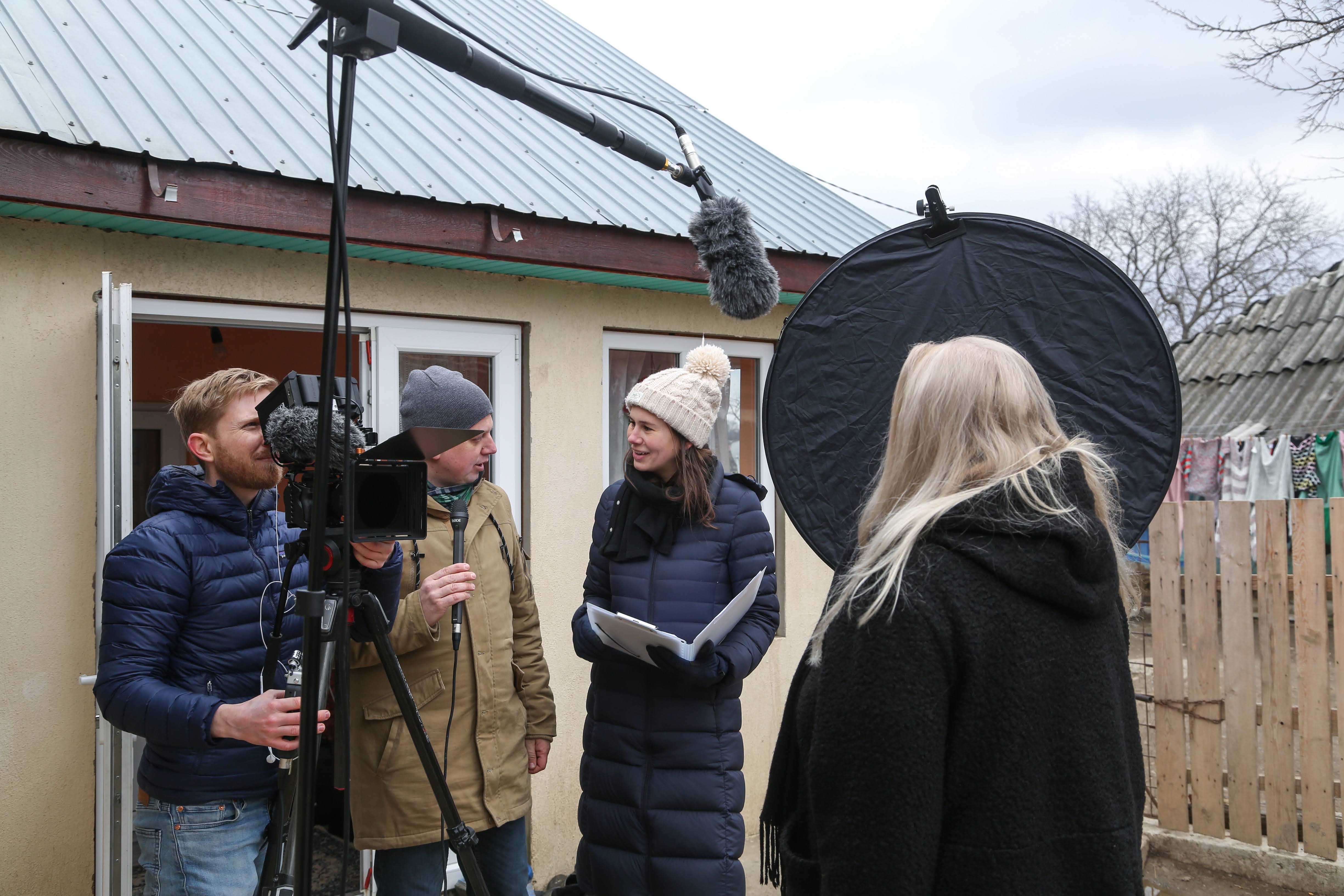
5. Documentary Storytelling Ethics: Embrace Creative License
There are times when the needs of your story can outweigh sticking strictly to literal facts as providing those facts are not significant. Also, parts of the story may be missing, or parts of the story may be too complex to explain. In this case, it is your job to use your creative license to fill those gaps as accurately as you can with the information available. How much creative license you’re willing to use in a documentary is different for every filmmaker, but the important thing is that you stay true to yourself and to the human emotion of the story, because as filmmakers we should strive to make our film as entertaining and compelling as we can for our audiences. As long as we can confidently justify the reasons for our choices.
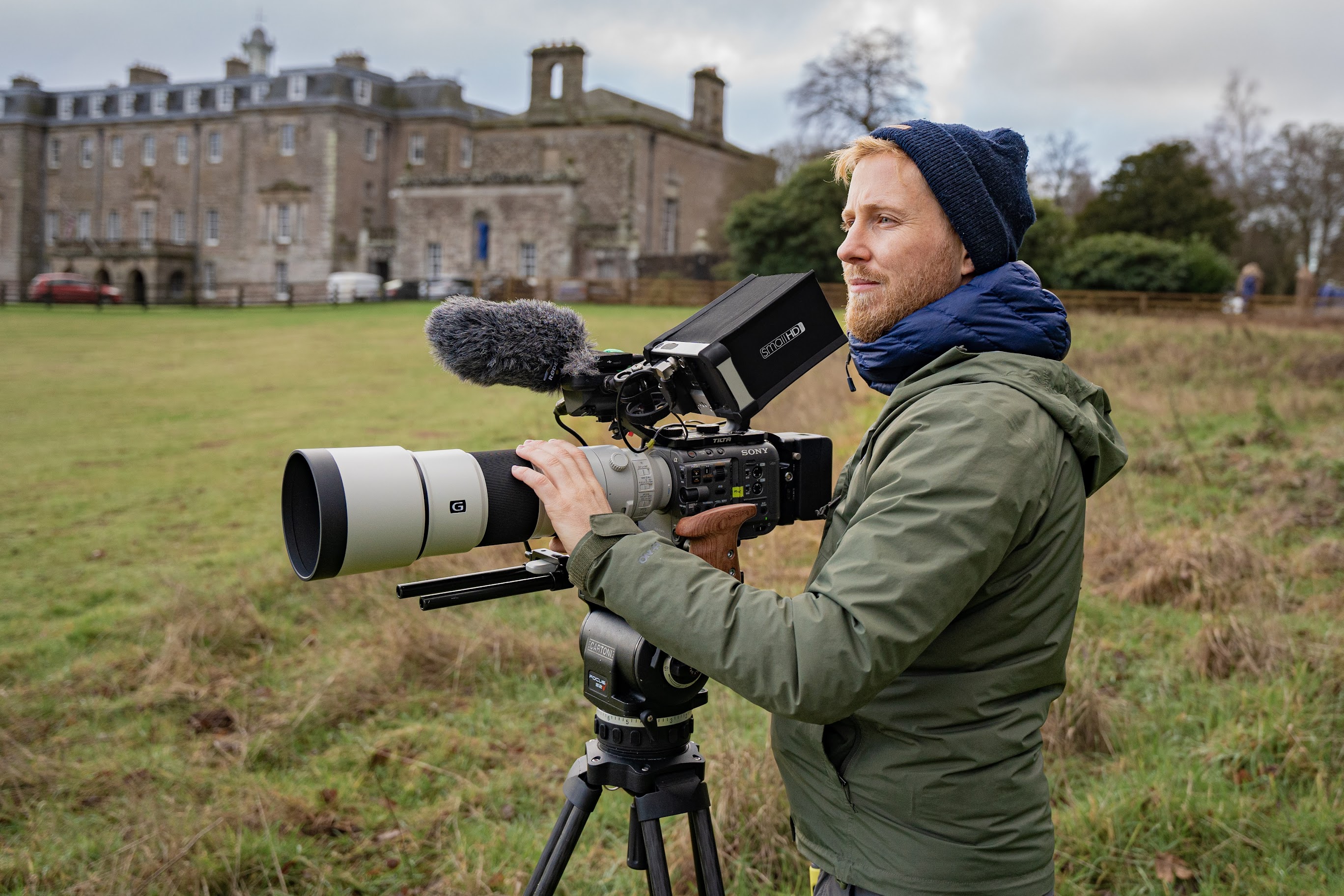
Documentary Ethics: The Power and Responsibility of Truthful Storytelling
Documentary filmmaking, a powerful tool for sharing real-life stories, comes with a unique set of ethical challenges. At the heart of this is the balance between captivating storytelling and honoring the truth. Issues like a filmmaker's potential bias, respect for privacy (especially regarding vulnerable subjects), and avoiding exploitation all raise ethical questions. Filmmakers must navigate these complexities, ensuring that the people at the center of their work are treated with dignity. It's also crucial to consider the documentary's lasting impact - how might it affect the lives of those involved? Documentaries wield both power and responsibility, and ethical considerations must be central from the earliest planning through to the film's release. This ensures that we create documentaries that move audiences while staying true to the people and stories they represent.
Documentary Storytelling Ethics: Balancing Truth and Drama
So there you have it, those are my five tips for balancing storytelling with truth. The subtleties of the decisions you make will all depend on what type of film you’re making and its purpose. For example, the role of facts might be far more important in a documentary trying to shed light on an untold side of history than in a documentary about one person’s personal journey battling with cancer. But even so, if that character states some facts about a certain hospital or statistics about cancer, it’s still important to fact-check these. Or, if you’re making a documentary involving someone from a poor or marginalised group I recommend paying special attention to any potential bias you may have, and making sure you show character depth rather than reinforcing stereotypes.
You are likely to have to make some tough calls, but often it’s these challenges that can stimulate the most creativity and push us to be better filmmakers. The important thing is that you do your research, weigh up the consequences of each option and that you are confident in the reasons for your decisions.
If you follow these steps you have the potential to make a really powerful documentary that is both true to your topic and subjects and will also engage, entertain, and inspire audiences.
Photos taken by: Alex Felstead and Andreea Tănase // Hope & Homes For Children.




